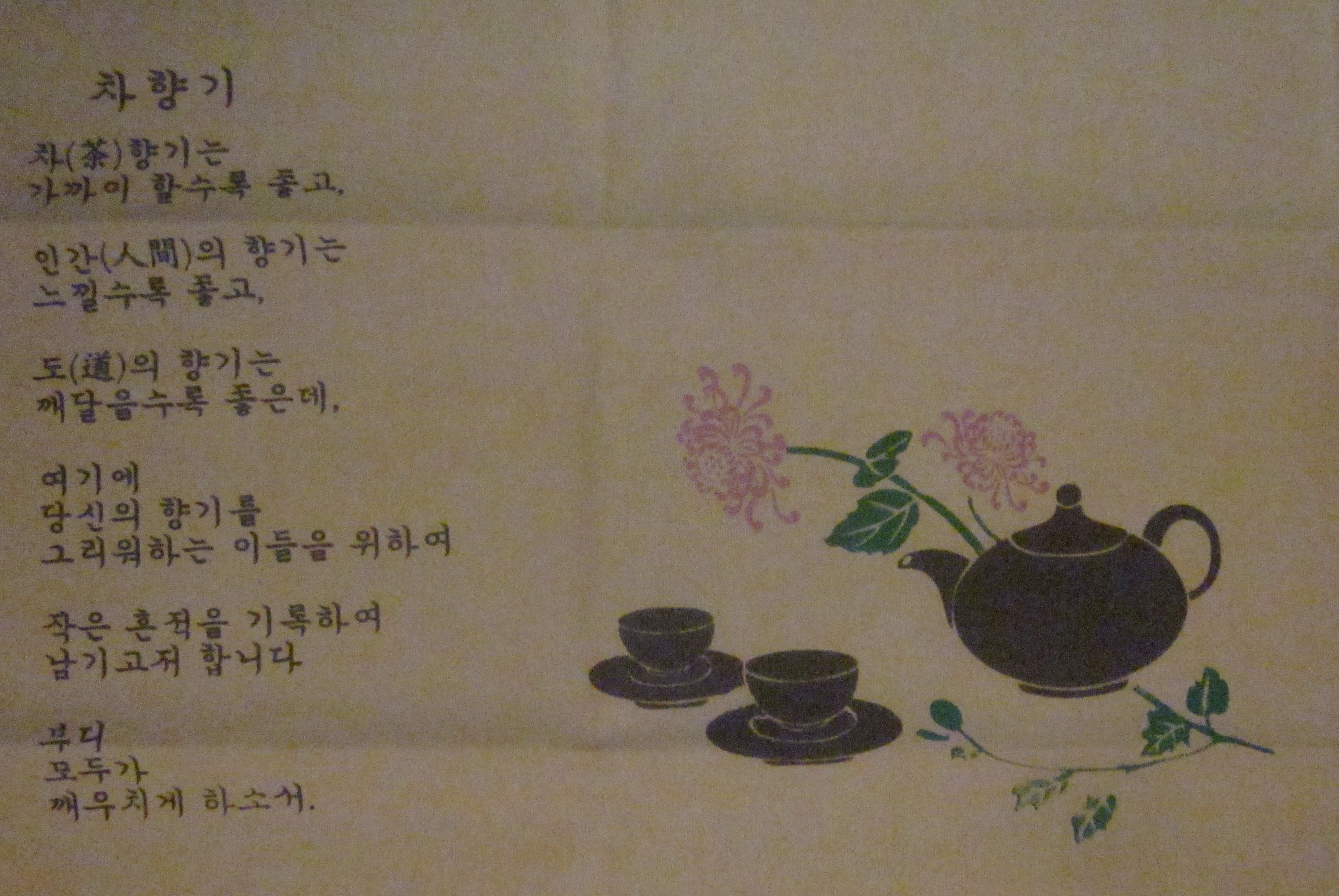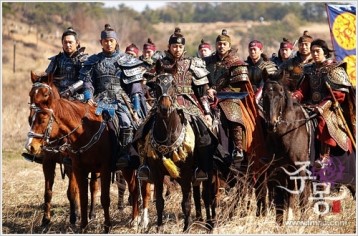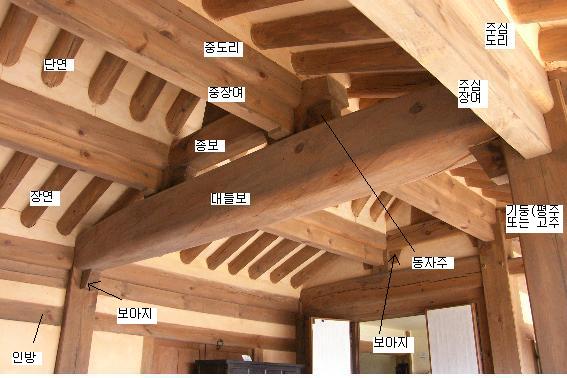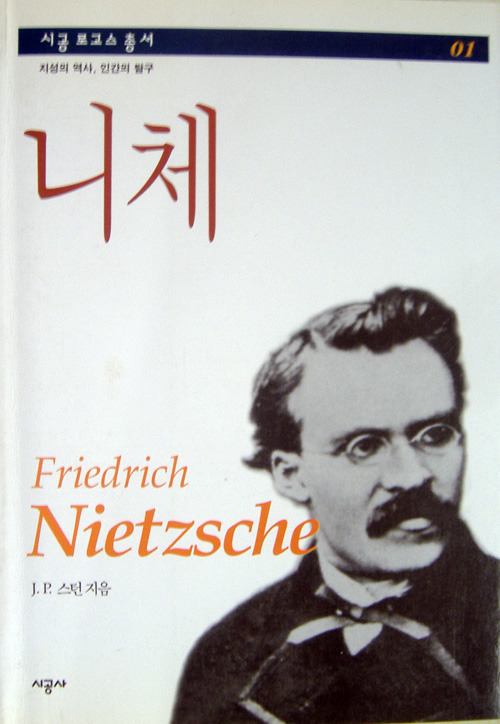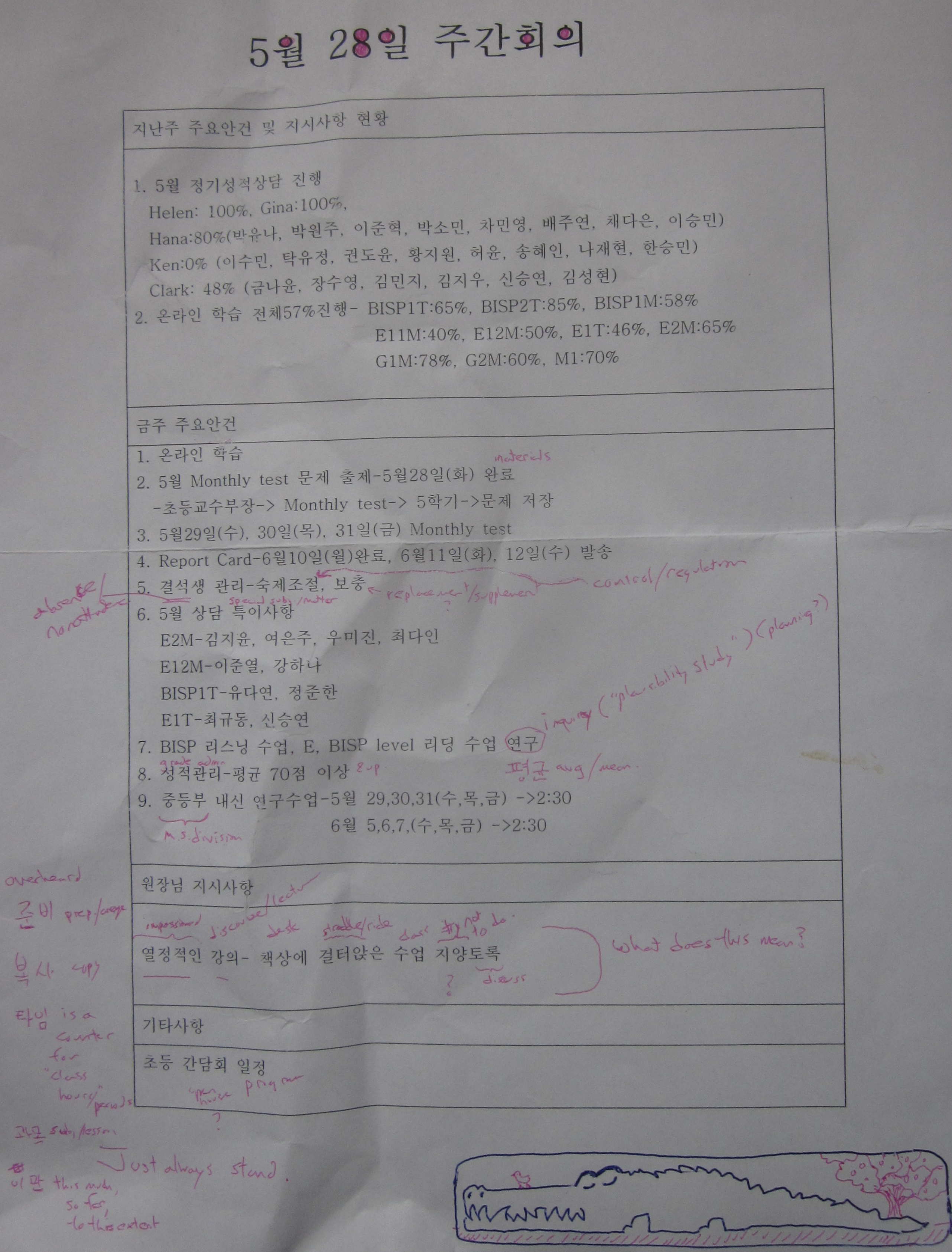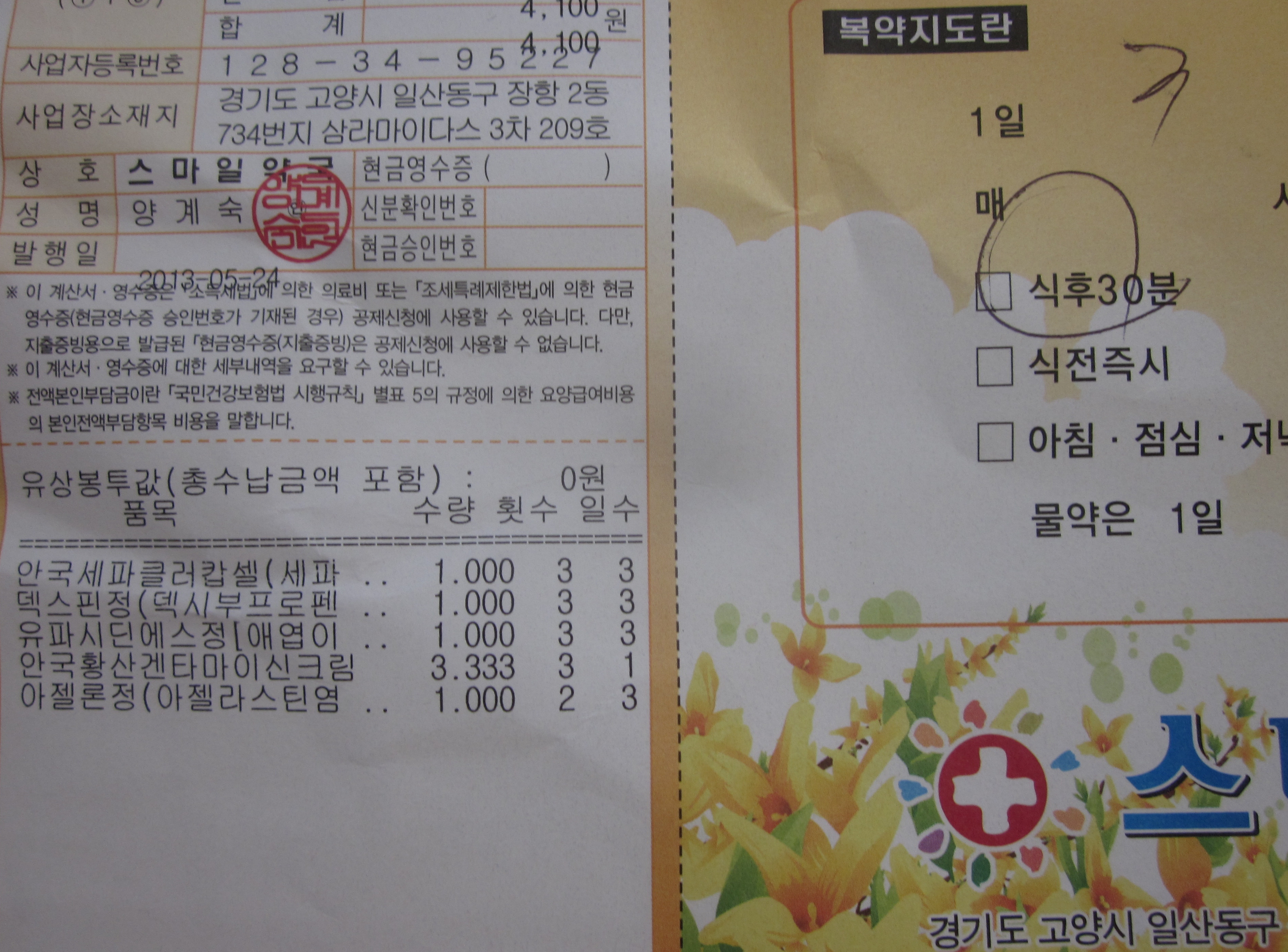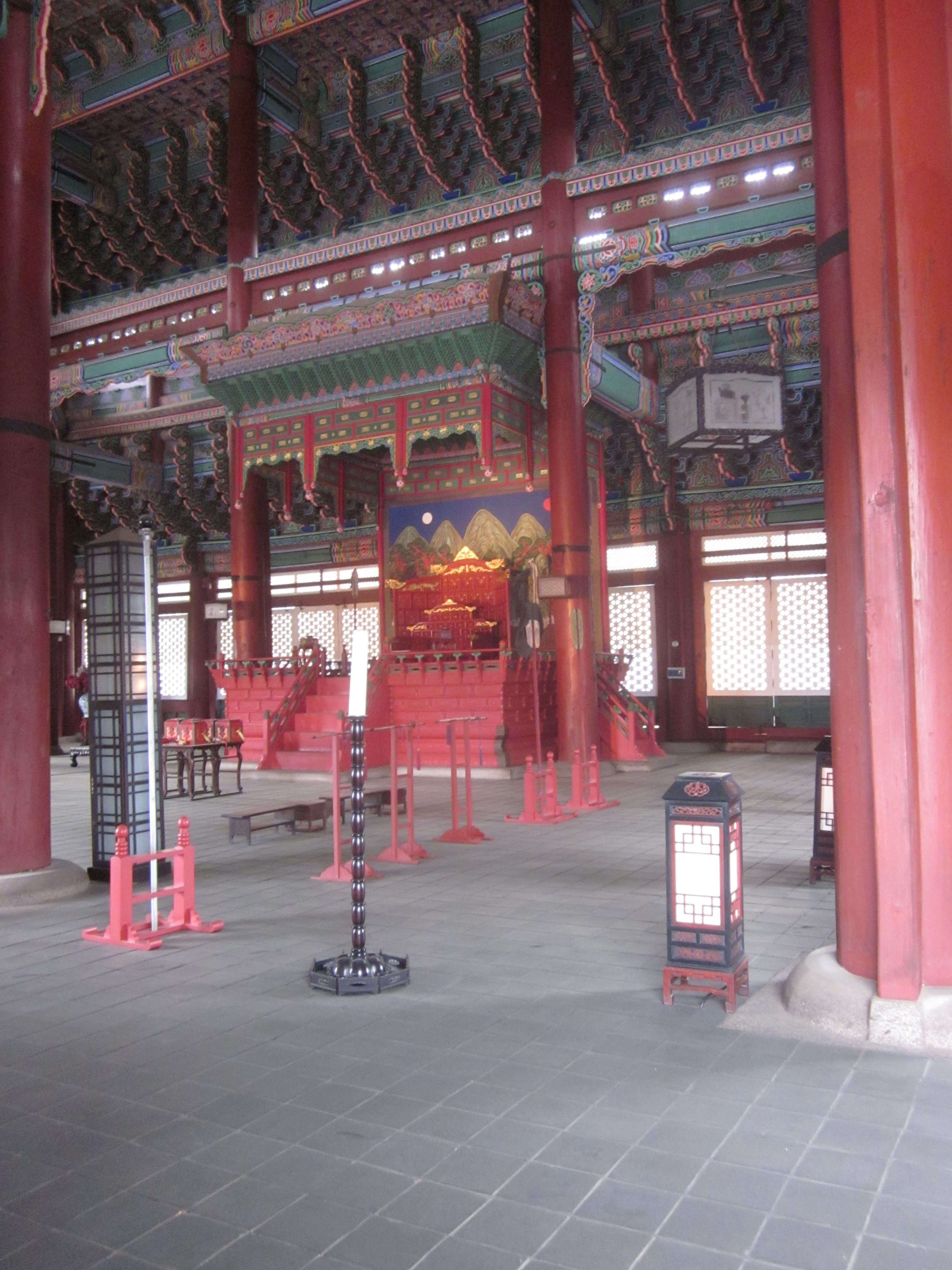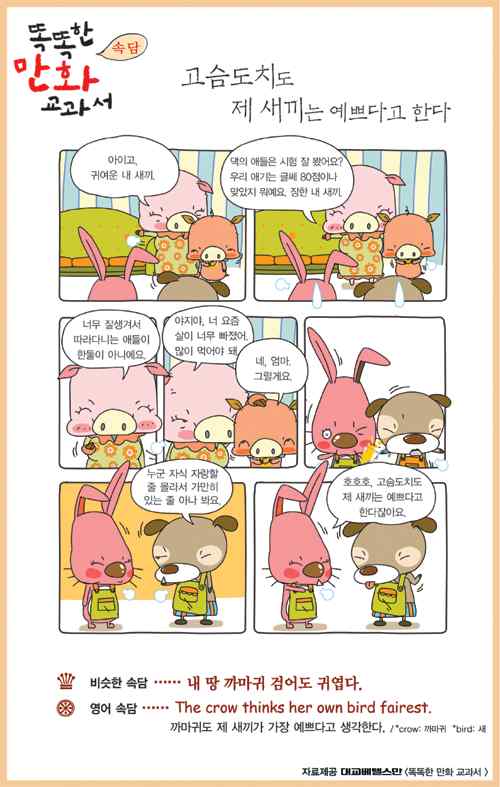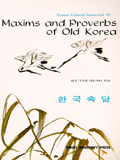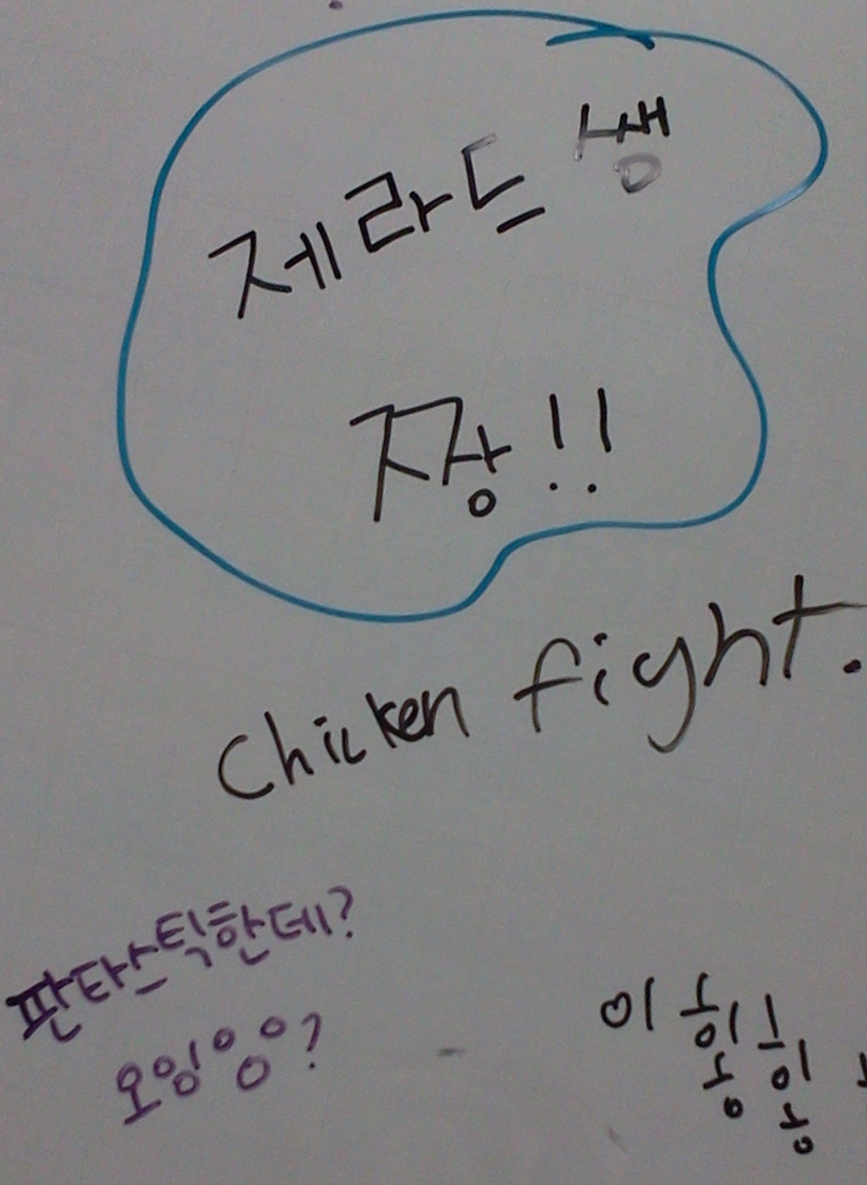As I mentioned, I went shopping last Sunday, where we stopped at the Buddhist bookshop next to the Jogye temple near Insadong. I mentioned that I had bought a Korean-English dictionary of Buddhist terms. Another thing I bought were some of what might termed “aphorisms-painted-on-cloth” – I guess I like these though I’m not sure what I do with them. I’ve gifted them to friends sometimes.
But first, I study them – I try to find out what they’re about. Here is one of them.
Here is a trascription. I could not find this poem or prayer (not sure which to call it) online with English translation, so the translation is entirely mine – please forgive defects (I welcome feedback to improve the translation)
차향기
Tea fragrance
차(茶)향기는
가까이 할수록 좋고,
The closer you are to the scent of tea, the better,
인간(人間)의 향기는
느낄수록 좋고,
The more you experience the scent of humanity, the better,
도(道)의 향기는
깨달을수록 좋은데,
The more you attain the scent of the right path, the better, too
여기에
당신의 향기를
그리워하는 이들을 위하여
Here, caring for those yearning for your scent
작은 흔적을 기록하여
남기고 저 합니다
Recording small traces, prepare to leave [it] behind.
부디
모두가
깨우치게 하소서.
Please let everyone find enlightenment.
I was so stumped by the second line of the penultimate stanza that for a time I had utterly given up. Googletranslate says “To leave me” which is just dictionary madness – look up some syllables and assign meaning then chain them together. But “저” as “me” is never a suffix. Googletranslate is useless.
Then I decided to break down and use the frustrating but exhaustive Samuel E. Martin book. I suspected -고저 is some kind of archaic verbal ending because then 남기 can be the stem of the verb 남기다 “to leave behind.” Sure enough, there it was: -koce “be willing to, intend to, get ready to, prepare to” with obvious examples using 하다 as the main auxiliary.
The very last verb+ending, 하소서, really stumped me too. It took a lot of dinking around the internet before I realized I could see if Martin had it, too – and it was there, alphabetized (in his crazy way) under the romanization -usose. Sure, that’s obvious. It’s a kind of super-high deferential imperative (“Let… “), common in e.g. Bible translations. And in Buddhist tea-prayers, too, I guess.
My lesson for the day: don’t avoid Martin just because his romanization is tedious and difficult.

